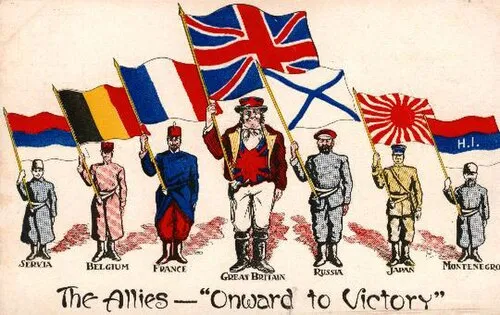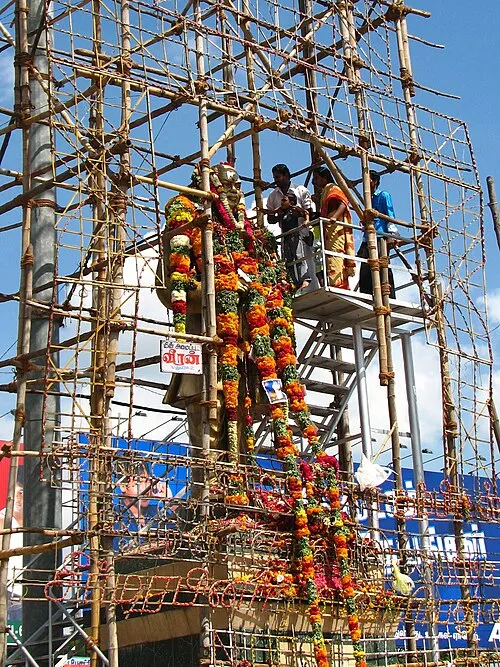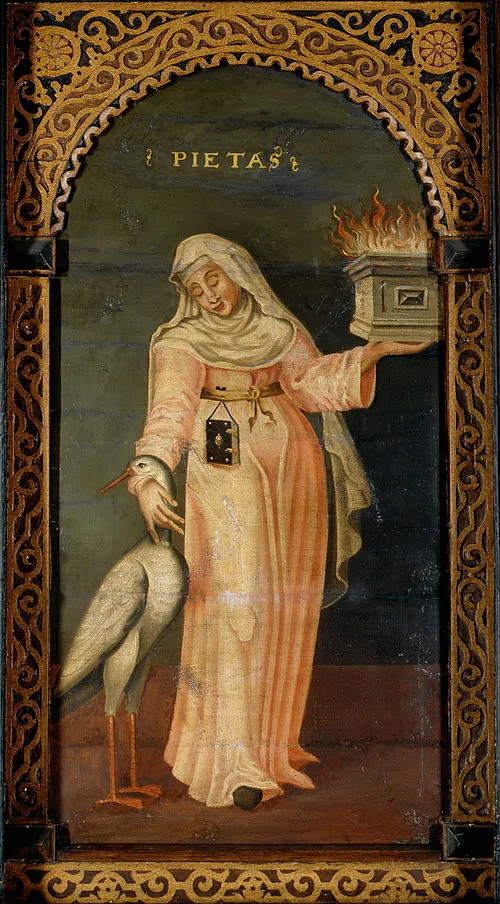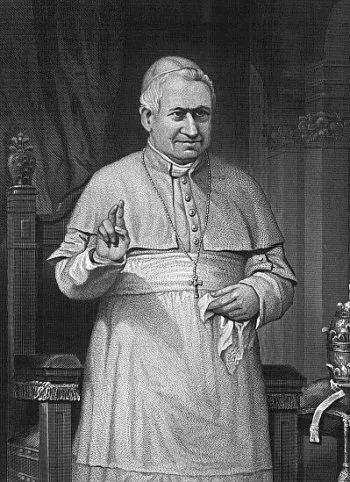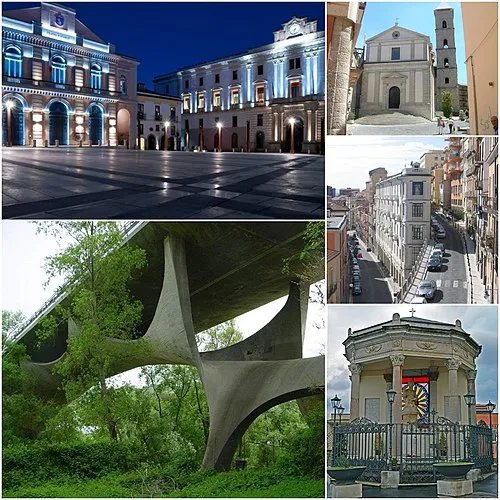
Honoring the Day of Remembrance of the Victims of Political Repressions in Former Soviet Republics
The Day of Remembrance of the Victims of Political Repressions, marked on October 30th annually, serves as a vital commemoration in several former Soviet republics (excluding Ukraine). This day stands as a poignant reminder of the tragic consequences of political oppression, censorship, and state violence that afflicted millions during the Soviet era. This article delves into the significance of this day, its historical context, and how it is observed across different countries.
Historical Context of Political Repressions
The Soviet Union, particularly under leaders like Joseph Stalin, was notorious for its political purges and mass executions. From the 1920s to the 1950s, millions of people—intellectuals, dissidents, ethnic minorities, and everyday citizens—were subjected to imprisonment, forced labor camps (Gulags), and execution. The oppressive Soviet regime controlled every aspect of life, stifling freedom of speech and silencing opposition through brutal means.
Significance of the Day of Remembrance
The Day of Remembrance aims to honor the memory of those who suffered and died due to state oppression. It provides an opportunity for reflection on the past and encourages public discussion about human rights, democracy, and the importance of safeguarding against political repression. For many former Soviet republics, this day highlights the need for historical acknowledgment and reconciliation.
How the Day is Observed
Each country commemorates this day in unique ways, reflecting their historical experiences and cultural practices.
- Estonia: In Estonia, solemn ceremonies take place nationwide at memorials dedicated to the victims of political repressions. Educational programs and discussions are organized to educate younger generations about the importance of democracy and civil rights.
- Latvia: Latvia hosts remembrance events, including the lighting of candles at memorial sites. Public forums are conducted to share stories and learn from the past, fostering a sense of unity among citizens.
- Lithuania: Lithuania marks this day with memorials and exhibitions, urging citizens to remember the suffering endured by countless individuals. Schools engage students in discussions about historical events, encouraging empathy and understanding.
- Armenia: In Armenia, the day is often used to highlight human rights issues still affecting the country today. Survivors and their families are invited to share their stories, creating a living memory of the past.
- Azerbaijan: Azerbaijan also reflects on the struggles faced, with state sponsorship for memorial events and civilian-led initiatives to honor the victims. This day emphasizes the importance of human dignity and freedom.
The Role of Education and Advocacy
Education plays a critical role in the observance of this day. Activists and educators focus on making the history of political repression known to the younger generations. By teaching about the past, countries aim to cultivate a society that values democracy and human rights, preventing the recurrence of similar atrocities. Advocacy groups often collaborate with governments to produce educational materials and organize discussions that keep the memory alive.
Conclusion
The Day of Remembrance of the Victims of Political Repressions serves as a somber reminder of the past injustices faced by millions in the former Soviet republics. As these nations continue to navigate their independent identities, this day is a testament to the resilience of survivors and the necessity of remembering history to safeguard future generations against oppression. By honoring those who suffered, countries underline the importance of protecting human rights and promoting democratic values.

